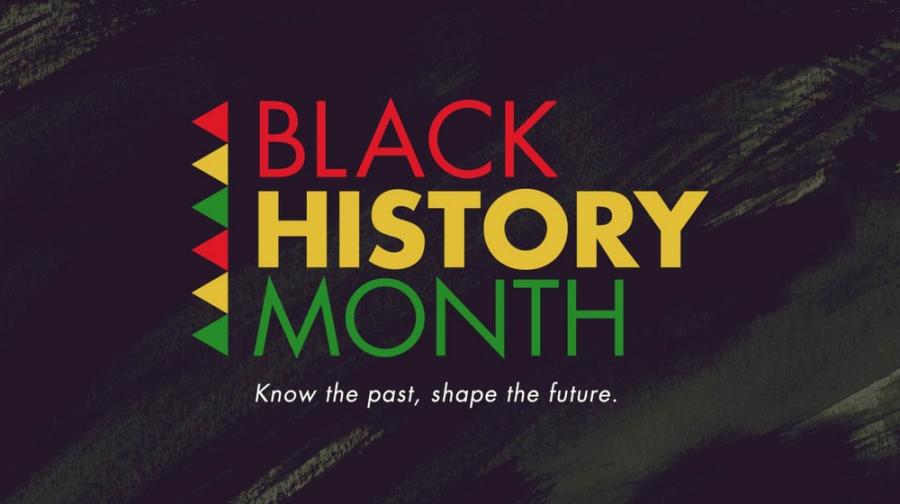Black History Month

We all know that February is Black History Month, but most of us probably don’t know much about how it started or how it’s evolved over the years. The origins of Black History Month go back to 1915, when Dr. Carter G. Woodson, a Harvard-trained historian, founded what is known today as the Association for the Study of African American Life and History (ASALH).
In 1926, the organization sent out a press release announcing the second week of February as Negro History Week, and encouraging the study of the countless black people who had contributed to the advancement of human civilization. From the beginning, the response to this call was enthusiastically promoted by schools, clubs, and local governments, and by the 1960s, the shift to a month-long celebration had begun. President Ford officially recognized Black History Month in 1976. A more detailed history can be found at asalh.org/about-us/about-black-history-month.
Each year the ASALH provides a theme for Black History Month to focus the attention of the public. The 2023 theme is “Black Resistance.” The following is excerpted from the description of the theme on the ASALH website: African Americans have resisted historic and ongoing oppression, in all forms, especially the racial terrorism of lynching, racial pogroms, and police killings since our arrival upon these shores…. Black people have had to consistently push the United States to live up to its ideals of freedom, liberty, and justice for all…. This is a call to everyone, inside and outside the academy, to study the history of Black Americans’ responses to establish safe spaces, where Black life can be sustained, fortified, and respected.
Here are a few people within our Methodist tradition whose acts of resistance are worth learning more about:
Richard Allen, born into slavery, became a Methodist preacher and later founded the African Methodist Episcopal Church in response to continued persecution from the white Methodist preachers.
Mary McLeod Bethune, a Methodist laywoman, started a school for Black girls in Florida, which became Bethune-Cookman College.
Joseph Lowery was a Methodist pastor who, along with the Rev. Dr. Martin Luther King Jr., founded the Southern Christian Leadership Conference in 1957.
Leontine Kelly, in 1984, was the first Black woman elected bishop in the UMC or in any mainstream Christian church in the world.
